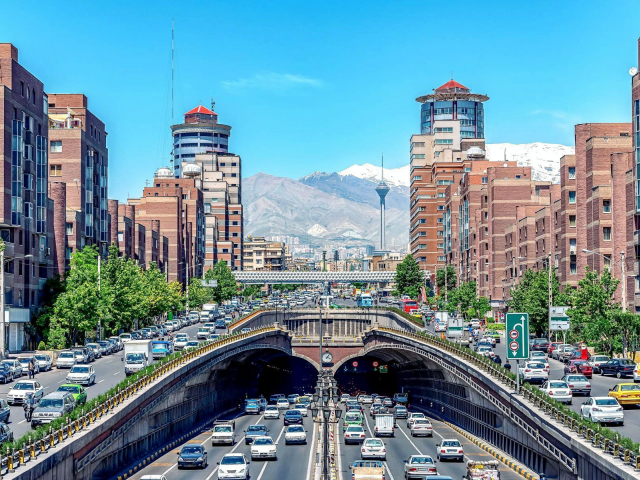
Tehran
The capital of Iran is called one of the most beautiful cities in the world. It is famous for its ancient architectural monuments and picturesque green parks. Despite this, Tehran from year to year falls into the top ten worst cities in terms of quality of life. The thing is that the Iranian capital is notorious for its great social inequality. Almost 30% of its inhabitants barely make ends meet. As a rule, the poor live in the southern quarters of the city, where the drug trade is actively flourishing. This increases the already high crime rate in the metropolis.
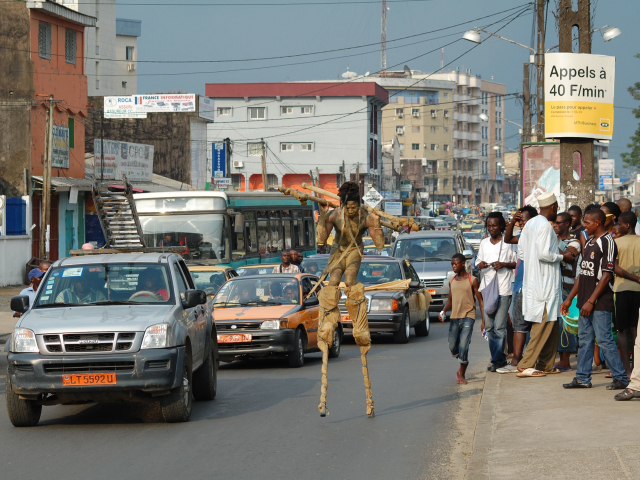
Douala
The economic capital of Cameroon is considered the most expensive city on the entire African continent. However, high prices are not the main disadvantage of Douala. Like the rest of the country, the city is now experiencing the so-called «Anglophone crisis». The civil war in Cameroon has been going on since 2017, and Douala is at the very epicenter of the conflict. The region is considered French-speaking, but has a large number of communities whose representatives speak only English. The English-speaking population is actively fighting for their rights.
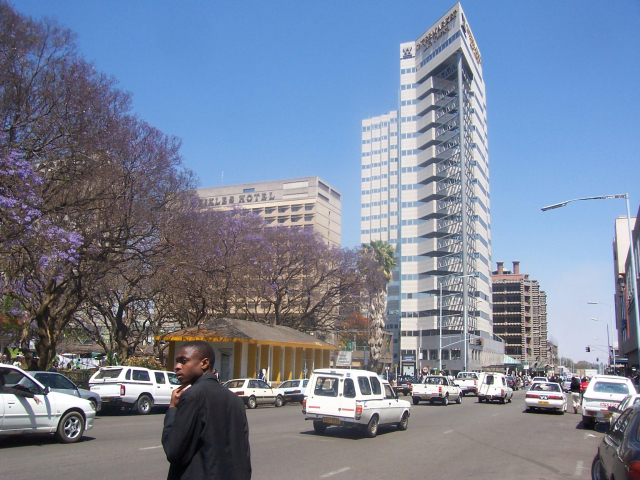
Harare
According to the latest data, the population of this South African city is 2.5 million people. Harare is the largest city and the administrative center of Zimbabwe. However, locals do not feel the charms of metropolitan life at all, since Harare lacks even the most basic infrastructure. Many areas of the city are not provided with electricity, and also do not have running water and sewerage. In addition, there is no regular garbage collection in the capital, for which Harare often falls into the list of the dirtiest cities in the world.
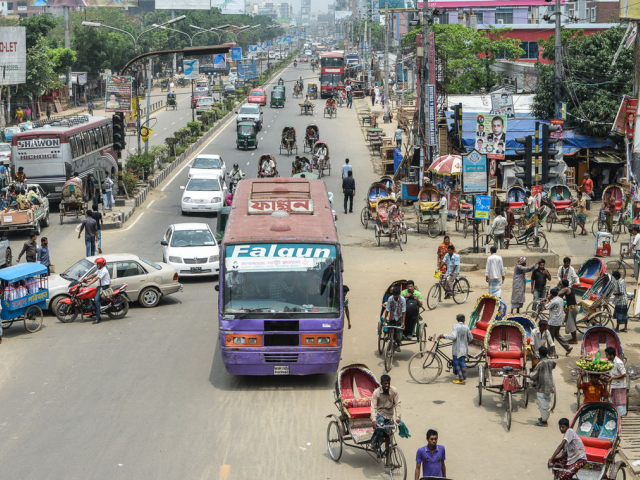
Dhaka
Like Harare, the capital of Bangladesh is also considered one of the most polluted cities in the world. The main problem of Dhaka is the lack of treatment facilities. Locals dump waste directly into the water. Given that 22 million people live in this metropolis today, the consequences are catastrophic. However, in addition to the environmental, the city is also experiencing a serious humanitarian crisis. Dhaka is officially recognized as the most populous city in the world. At the same time, most of its inhabitants are below the poverty line, and a third of the population cannot read and write.
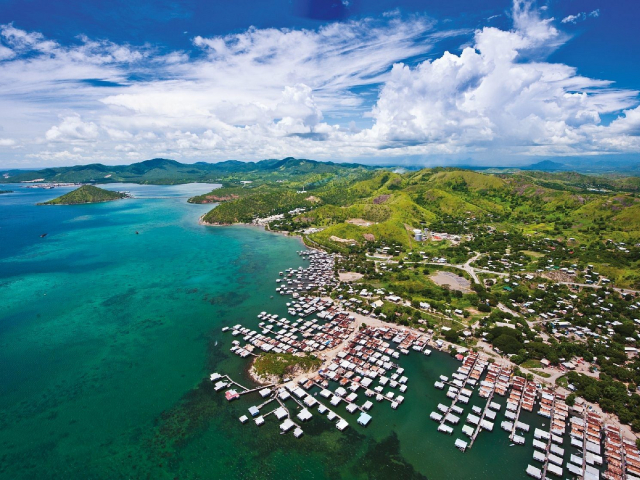
Port Moresby
The capital of Papua New Guinea is a small, neat and attractive town with good infrastructure. So how did it get into this anti-rating? The fact is that Port Moresby is considered one of the most criminal cities in the world. Due to the high unemployment rate, illegal ways of getting rich flourish in the city: theft, extortion, assault, kidnapping, and even murders. This criminal phenomenon has received a special name - Raskol.
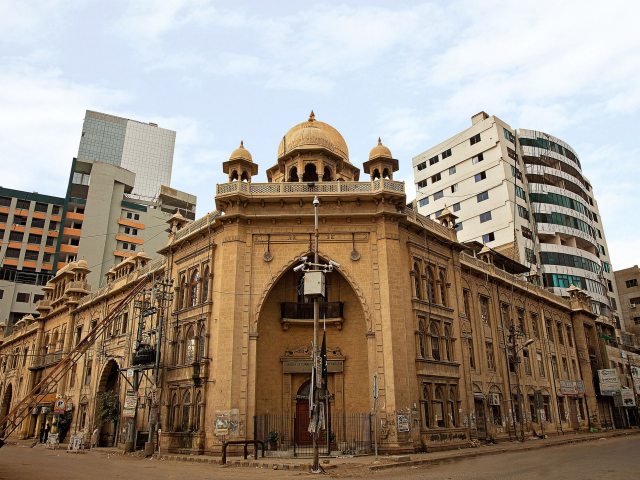
Karachi
Karachi is considered the largest city in Pakistan. Today it has the status of the main financial, industrial, trade, educational and scientific center of the country. Despite many advantages, Karachi has many problems. The city is notorious for its poor ecology, great social stratification and high levels of street crime. Karachi is also called one of the main transshipment points in international drug trafficking.
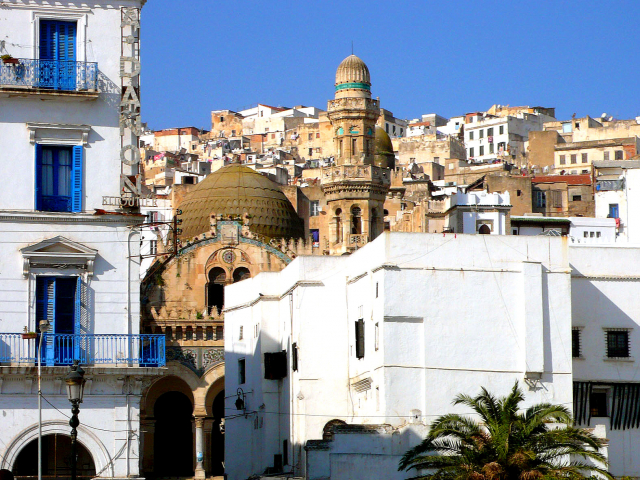
Algiers
The capital of Algeria is annually visited by thousands of tourists, because the city really has something to see: ancient mosques, labyrinths of narrow streets, picturesque nature. However, with all the advantages of the city, it cannot be said that its inhabitants were lucky. Algiers has poor infrastructure, relatively low level of health care and many problems in the field of education. In addition, political and social protests often break out in the city. Some of them ended in terrorist attacks with numerous victims.
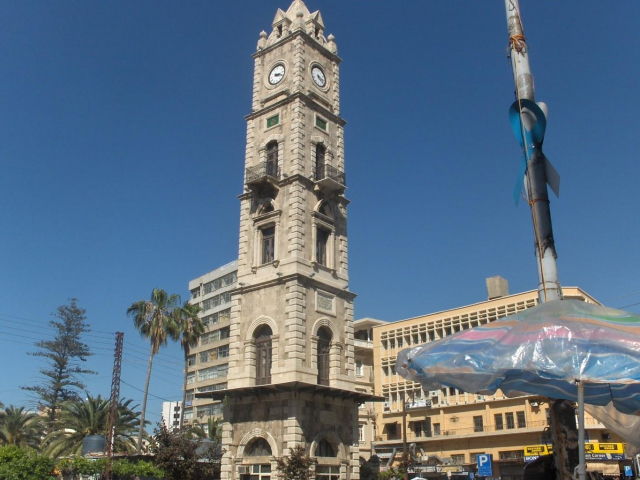
Tripoli
The protracted civil war in Libya brought a lot of destruction and the country's capital, Tripoli, was hit the hardest. Numerous rockets and bombs dropped on the administrative center of Libya, almost razed some of its areas to the ground. Residents of the city were left without basic communications: electricity and water supply. In addition, buildings of hospitals, schools and other important social facilities have disappeared from the face of the city. Today, the Tripoli authorities are gradually restoring the city, but it will take more than a dozen years to return it to a normal, full-fledged life.
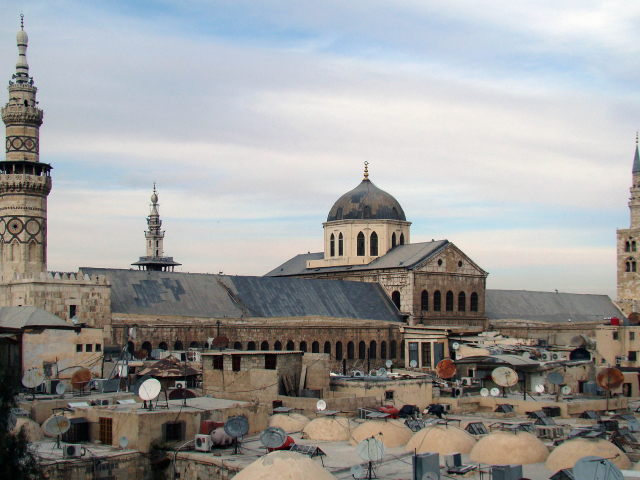
Damascus
Another victim of a long war is the capital of Syria. Fierce fighting has been going on in the streets of Damascus for more than 10 years. During this time, thousands of residential buildings turned into ruins, and the general infrastructure of the city was destroyed by 70%. This forced many residents of Damascus to leave the city in search of new shelter and work. Refugees are in no hurry to return home, as the Syrian conflict has not subsided so far and Damascus, like many other cities in the country, continues to disappear as a result of shelling and bombing.
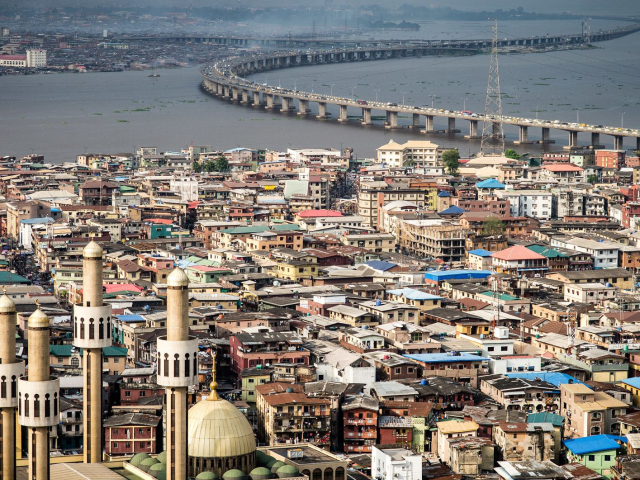
Lagos
Today, this city is considered the largest not only in Nigeria, but throughout Africa. According to the latest estimates, more than 13 million people live in Lagos and about 21 million live in its agglomeration. The large overcrowding of the city causes accompanying problems. The city is stuck in traffic jams for days. Sky-high housing prices force many families to share not only apartments, but even rooms with each other. Due to the high unemployment rate, crime is on the rise. Lagos is among the top ten most dangerous cities in the world.
 Deutsch
Deutsch 
 Русский
Русский English
English Bahasa Indonesia
Bahasa Indonesia Bahasa Malay
Bahasa Malay ไทย
ไทย Español
Español Български
Български Français
Français Tiếng Việt
Tiếng Việt 中文
中文 বাংলা
বাংলা हिन्दी
हिन्दी Čeština
Čeština Українська
Українська Română
Română
